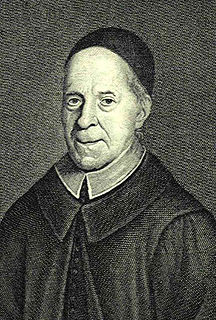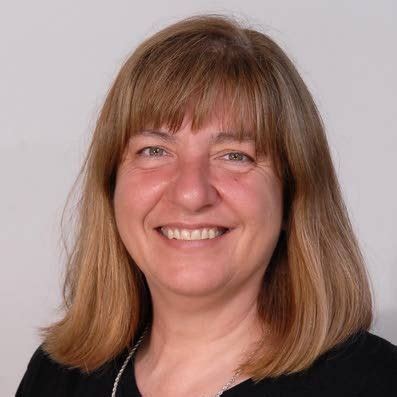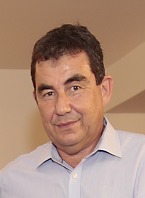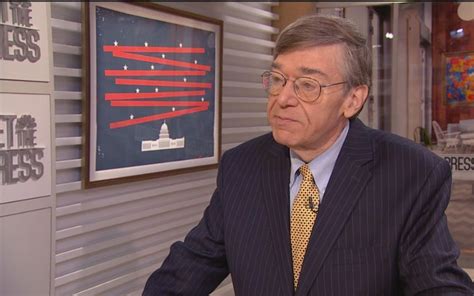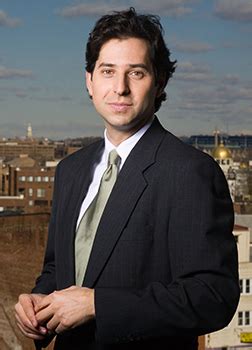A Quote by Ibn Hazm
Glad-tidings to he who knows his own faults more than other people know it.
Related Quotes
I had a friend who was the King's surgeon in England. One day I asked him what makes a great surgeon. He replied, "What distinguishes a great surgeon is his knowledge. He knows more than other surgeons. During an operation he finds something which he wasn't expecting, recognizes it and knows what to do about it." It's the same thing with advertising people. The good ones know more. How do you get to know more? By reading books about advertising. By picking the brains of people who know more than you do. From the Magic Lanterns. And from experience.
Avoid openly trying to reform people. Every man knows he is imperfect, but he doesn't want someone else trying to correct his faults. If you want to improve a person, help him embrace a higher working goal-a standard, an ideal-and he will do his own 'making over' far more effectively than you can do it for him.
To be fond of learning is to draw close to wisdom. To practice with vigor is to draw close to benevolence. To know the sense of shame is to draw close to courage. He who knows these three things knows how to cultivate his own character. Knowing how to cultivate his own character, he knows how to govern other men. Knowing how to govern other men, he knows how to govern the world, its states, and its families.









